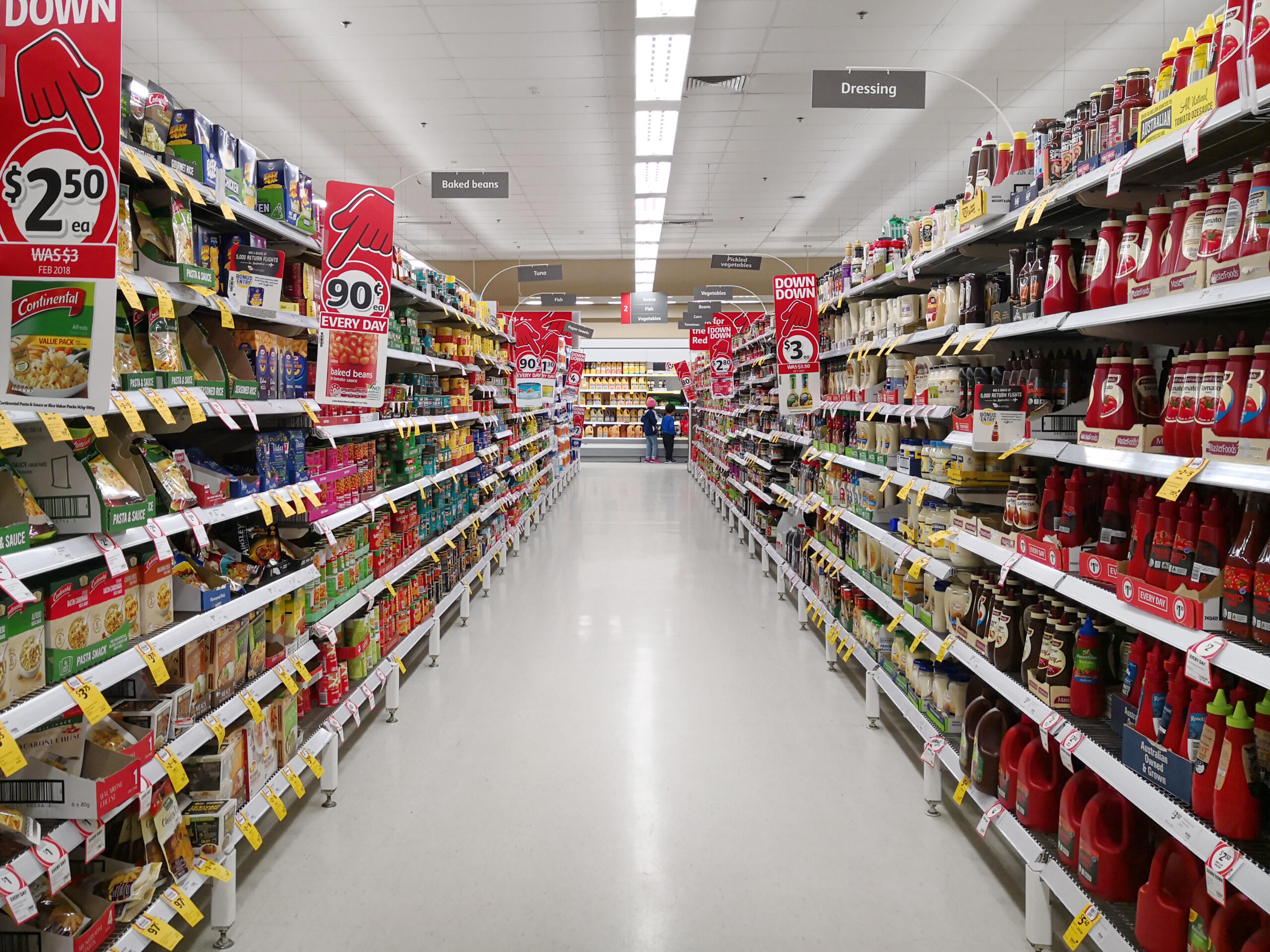The nation’s largest supermarkets could face up to $10 million in penalties under the government’s newly proposed mandatory code of conduct.
The federal government is recommending that big chains pay heavier fines to ensure a new code of conduct is upheld by supermarket giants such as Coles, Woolworths, and Aldi.
In a report ordered by the government, the need for changing standards for local supermarkets to address “a heavy imbalance in market power between suppliers and
supermarkets in Australia’s heavily concentrated supermarket industry.”
Former Labor Party trade minister Craig Emerson has insisted that penalties and higher levels of enforcement would deter anti-competitive behaviours and give families and farmers a fair go.
The Food and Grocery Code of Conduct is currently voluntary, and Mr Emerson expressed, “not effective”.
The report, which will be released on Monday, states there are no current penalties for breaches, and supermarkets can “opt out of important provisions by overriding them in their grocery supply agreements.”
The government ordered the review earlier in the year in response to the rising cost of living and growing pressures on consumer spending.
The report also recommends that the mandatory code of conduct should apply to large supermarket chains with an annual revenue of over $5 billion and should include stipulations that better protect smaller suppliers.
The Australian Competition and Consumer Commission (ACCC) “would be able to seek penalties for major or systemic breaches of up to $10 million, 10 per cent of a supermarket’s annual turnover, or three times the benefit it gained from the breach, whichever is the greatest”.
As well as these significant penalties, the lessor breaches will start at $187,800.
In a report by the Australian Council of Trade Unions, former ACCC chair Allan Fels expressed that larger companies’ monopoly of power should be broken up in certain circumstances.
However, the new report by Mr Emerson warned that the “support of a forced divestiture power to address market power issues in the supermarket industry” was not the point of the review.
“If forced divestiture resulted in a supermarket selling some of its stores to another large incumbent supermarket chain, the result could easily be greater market concentration,” Emerson’s report said. The final report will be delivered by June 30.
To order photos from this page click here



